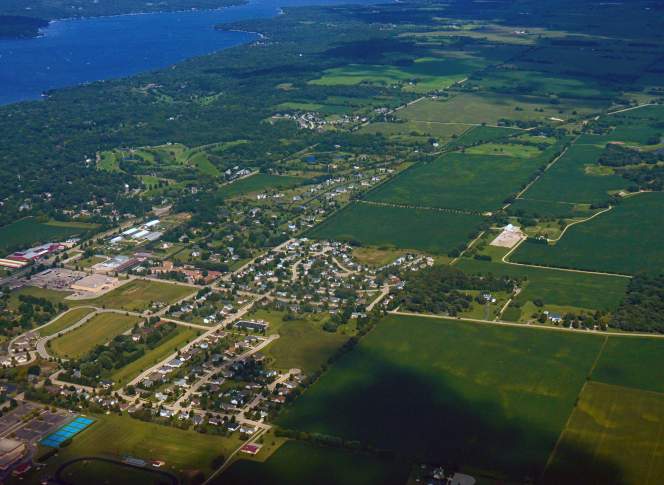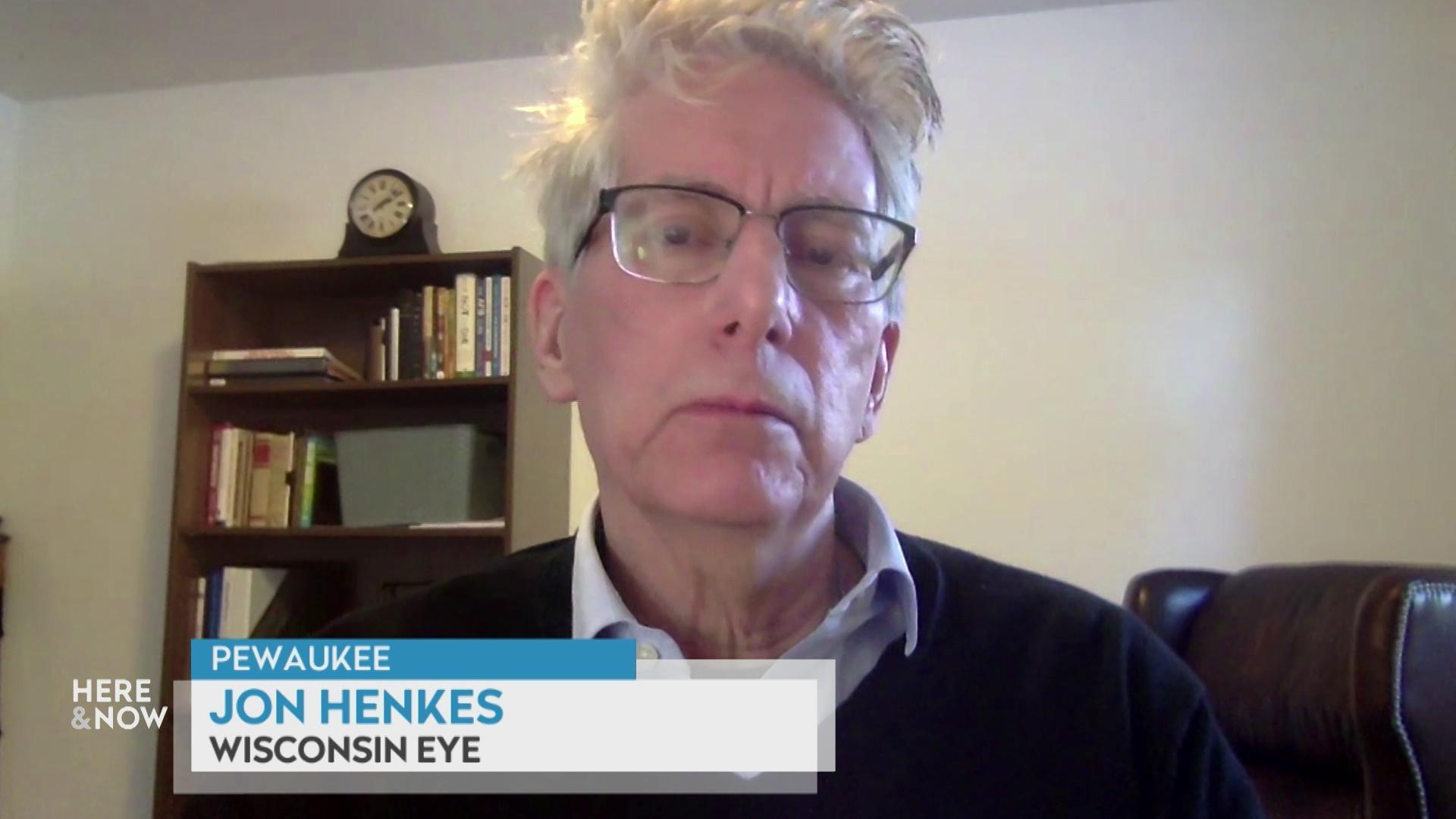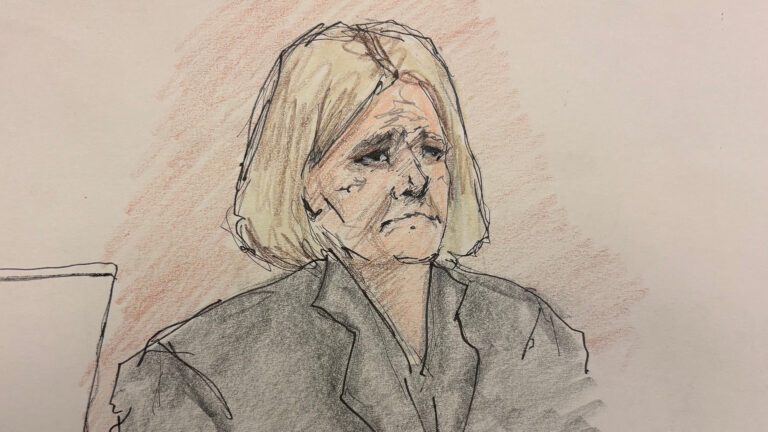Economic Pessimism Among Rural Voters Isn't Clear-Cut In Marquette Poll
Poll responses from self-identified rural voters about the economy and Donald Trump poke holes in the narrative of his victory as an uprising in so-called flyover country.
December 12, 2017

Geneva Lake aerial photo

Over the past year, it’s become a familiar refrain in media coverage and political rhetoric that alienated and economically distressed rural voters were the, or at least a, decisive factor in Donald Trump’s victory in the 2016 presidential election. Trump voters skewed more affluent and suburbanthan this interpretation suggests, but still, much attention has been given the rural areas of Wisconsin that swung fromsupporting Barack Obama in 2012 to supporting Trump in 2016.
Rural voters in Wisconsin and elsewhere did give Trump a boost in some states. However, poll responses from self-identified rural voters about the economy and Trump poke holes in the narrative of his victory as an uprising in so-called flyover country.
The nationally respected Marquette University Law School Poll has learned a couple of things about the state’s rural voters over the past few years. One, pollsters still have a lot to learn about rural voters. Two, what pollsters do know about rural voters does not paint a consistent picture of gloom and grievance.
Major political polls, including Marquette’s, are not consistent about seeking responses along rural-suburban-urban lines. But the June 2017 Marquette poll did ask respondents whether they identified as rural, suburban or urban, and cross-referenced those categories with answers to several dozen questions about politics and the economy. The poll was conducted June 22-25, and had a sample size of 800 registered voters in a geographic area that included all 72 counties in Wisconsin. Responses were weighted for demographic factors like age and education level, and the margin of error is plus or minus 4.5 percentage points.
In the poll, 37 percent of respondents self-identified as rural, 37 percent as suburban and 24 percent as urban. (Two percent either said they didn’t know or refused to answer the question.) These distinctions are a bit fuzzy in geographic terms — demographers and government agencies have varied and nuanced ways of defining rural and urban places. Some places, like an inner-ring suburb or an exurban town, are on the edge between one or another of these broad categories. Still, it’s hard to imagine someone living in central Milwaukee defining themselves as rural, or a Trempealeau County resident seeing their community as urban. Additionally, perception is important in politics, so it’s reasonable for a pollster to find value in these answers.
Rural areas in Wisconsin do face distinctive economic challenges, from dwindling population to generational farm transfer to a decline in small manufacturing companies. But the Marquette Poll results from June 2017 don’t necessarily point to rural voters being especially pessimistic about their economic outlook.
Rural voters responding to the poll were a bit more likely to feel that the economy had improved over the preceding year, though a plurality still felt it had stayed the same. One striking pattern is how closely rural responses align with suburban responses, especially given the margin of error. But the responses to this question do indicate that rural voters are the most economically pessimistic category.

Urban residents were less likely than suburban or rural residents to think that the economy would get better over the following year. In this case, there’s a difference in optimism, with pluralities of both suburban and rural voters saying they expect things to get better.

One could argue that rural voters felt more optimistic about the economy after Trump took office, and that a poll conducted in June 2017 wouldn’t really reflect how they felt about the economy before the election.
Rural voters were the most likely to approve of Trump’s performance as president in his first six months in office, and to believe he cares about people like them. But a majority of rural voters — 51 percent — said that Trump does not care about people like them. And on both approval and perceptions about the president, there are close similarities between rural and suburban voters. These responses do not strongly support a notion that the rural Midwest is a singular epicenter of Trump country.


Voters in all three categories shared almost exactly the same degrees of skepticism about the federal and state governments.


This specific set of poll responses provides just one imperfect window into what Wisconsinites were feeling at one point during a very turbulent period. But the similarities between rural and suburban voters, and their shared perspectives on the economy and president, throw one prevailing explanation for the 2016 election results in Wisconsin into greater question.
 Passport
Passport











Follow Us